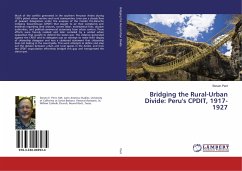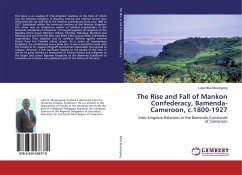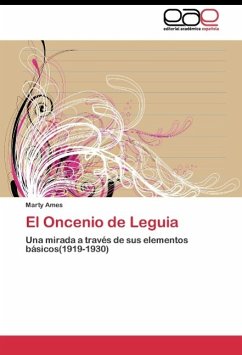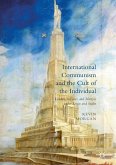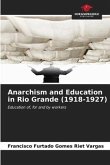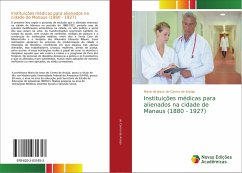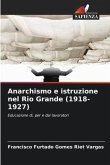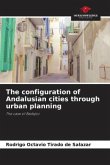Much of the conflict generated in the southern Peruvian Andes during 1920's pitted urban centers and rural communities. Lima saw a steady flow of peasant delegations under the auspices of the Comité Pro-Derecho Indígena Tawantinsuyo (CPDIT) that sought to air their complaints and demands regarding land seizures, corvee labor, ecclesiastical fees, abusive authorities, and political-commercial autonomy from urban centers. These efforts were fiercely resisted and later curtailed by a united urban opposition that sought to defend the status quo. The violence generated against the CPDIT and its delegates was an attempt to make their display of citizenship disappear and was a cloistered statement that citizenship does not belong in the countryside. This work attempts to define and map out the division between urban and rural spaces in the Andes, and how the CPDIT organization effectively bridged this gap and transgressed the status quo.

